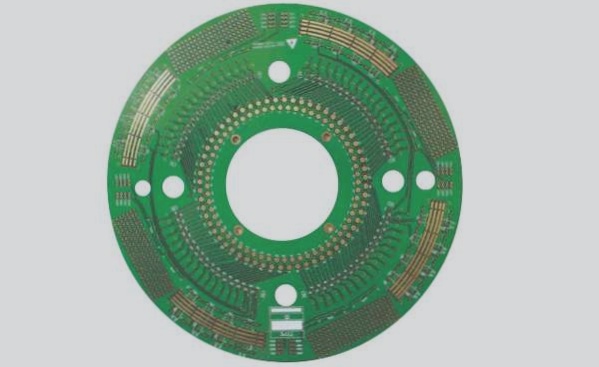Managing PCB Dissipation: Expert Strategies
Implementing effective cooling designs for PCBs is crucial due to the heat generated during operation, which, if not dissipated promptly, leads to device failure and decreased reliability. Factors influencing temperature elevation include power consumption devices, board structure, installation method, thermal radiation, heat conduction, and thermal convection. Strategies such as adding heat sinks or heat pipes for fewer heating components and utilizing large heat dissipation covers for multiple heating devices aid in heat dissipation. Enhancements in PCB materials, distribution of power, and thermal analysis optimization contribute to efficient heat dissipation and overall thermal performance improvement.


